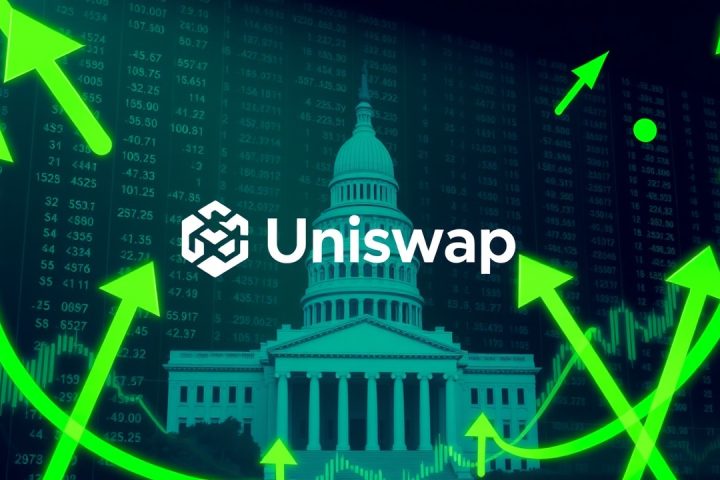Overview of Fraudulent Scheme
The U.S. Securities and Exchange Commission (SEC) charged Jenni Yoon Jeong Lee and her company, Evergreen Property Developments LLC, with a fraudulent scheme that defrauded over 33 investors, primarily seniors in the Korean-American community, out of approximately $2.7 million. The allegation claims Lee misrepresented herself as an investment adviser, falsely assuring clients their funds would yield returns through legitimate investments. Instead, she used their money for personal expenses and Ponzi-like payments to earlier investors.
Details of the Charges
The SEC’s complaint seeks permanent injunctions and civil penalties against Lee and her company, highlighting the importance of investor diligence, especially for vulnerable populations. This case reflects the SEC’s ongoing commitment to protecting investors against fraudulent activities.
“The SEC encourages investors to check the backgrounds of anyone offering them investment advice on Investor.gov.”
Background Information
On April 30, 2025, the Securities and Exchange Commission filed charges against Jenni Yoon Jeong Lee (a/k/a Jenni Lee or Yoon Jeong Lee) of Federal Way, Washington, and the Washington-based Evergreen Property Developments LLC, which Lee controlled, for their years-long fraudulent scheme targeting elderly members of the Korean-American community.
According to the SEC’s complaint, from at least May 2015 to March 2024, Lee, through Evergreen and other sham entities that she controlled, solicited approximately $2.7 million from more than 33 investors.
As alleged in the complaint, Lee used her family relationships and affiliation as a member of the Korean-American community to gain the trust of her victims. Lee falsely held herself out as an investment adviser, misrepresenting to her clients that she would invest their money in legitimate companies capable of providing returns. Instead of making genuine investments, the SEC alleges that Lee violated her fiduciary duties by investing her clients’ funds in entities she controlled, masking the reality that these entities lacked genuine business operations.
Allegations of Mismanagement and Abuse
The SEC also alleges that while acting as an investment adviser, Lee recommended that some of her clients fund self-directed individual retirement accounts (SDIRAs) and acquired access to those accounts through false means. She allegedly named herself as an interested party and listed her email address on account applications. Lee then misused her clients’ SDIRA funds, often without their knowledge, to purchase direct investments in her entities in the form of unsecured promissory notes.
These notes included promises to make yearly interest payments ranging from 1% to 7% and to return investors’ principal upon maturity. The SEC charges that instead of honoring these promises, Lee used the funds to make Ponzi-like payments or pay for her personal expenses, including her gambling habit.
Legal Proceedings and Investigative Support
The SEC’s complaint, filed in the U.S. District Court for the Western District of Washington, charges Lee and Evergreen with violating Section 10(b) of the Securities Exchange Act of 1934 and Rule 10b-5, along with Section 17(a) of the Securities Act of 1933. Furthermore, Lee is charged with violating Sections 206(1) and (2) of the Investment Advisers Act of 1940.
The SEC seeks permanent injunctions, conduct-based injunctions against Lee, disgorgement, and civil penalties. The investigation involved efforts from various individuals, including Adrienne Adkins, Leigh Coutoumanos, and John Lindermuth, under the supervision of Michael Brennan. The litigation is led by James Carlson.
The SEC appreciates the assistance of the U.S. Attorney’s Office for the Western District of Washington, the Federal Bureau of Investigation, and the Washington Department of Financial Institutions.
Investor Awareness
For investors, the SEC recommends learning about the unique risks associated with self-directed individual retirement accounts and recognizing how fraudsters prey on seniors by reading their investor alerts regarding Self-Directed IRAs and the Risk of Fraud.
Any person with information related to this matter should contact the SEC staff via email.




